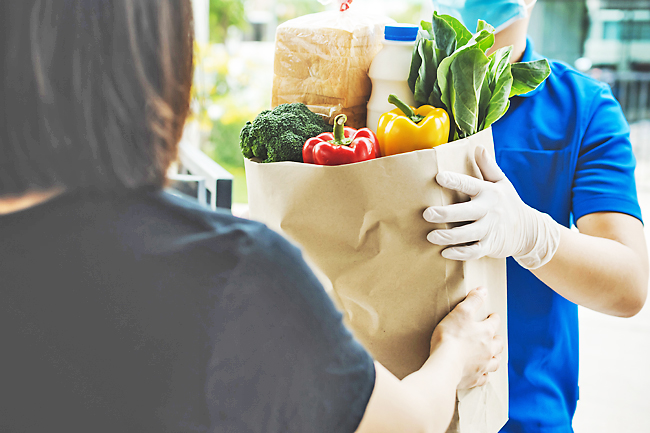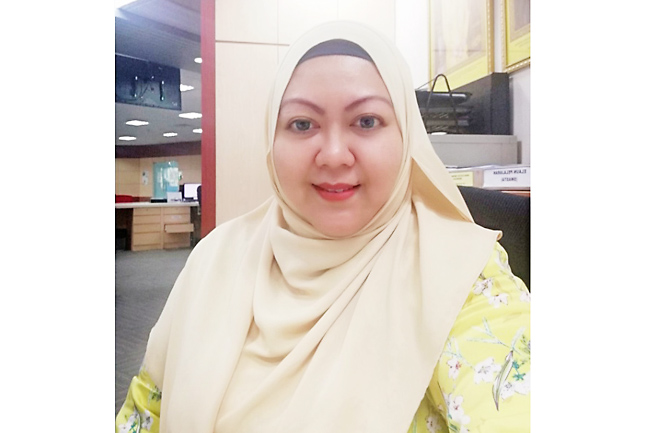Rokiah Mahmud
Back in 2020 when the Sultanate was hit by the first wave of COVID-19 outbreak, the country saw an increasing demand for runner services, particularly for delivering parcels and food.
Many chose domestic runner (delivery) services for the convenience they brought – sending and picking up orders; ordering food and beverages; and buying groceries.
They opted to stay at home, following the standard operating procedures (SOPs) and guidelines outlined by the Ministry of Health (MoH), to go out only when necessary such as visiting the hospital for medical treatments or buying groceries.
When the second wave hit the nation last August, there was a further need for domestic runner services due to their ability to assist in delivering items from one place to another.
Domestic runners are categorised as those who provide delivery services – full-time or part-time – within the country for the public, home-based and registered businesses.
Some runners are employees of runner delivery service businesses or registered businesses, such as restaurants and supermarkets.
Domestic runners in the Sultanate are required to register with the Ministry of Transport and Infocommunications (MTIC) via its website, which provides up-to date information for the safety of runners and their customers.



Registered runners are also required to undergo COVID-19 swab test at the Bridex Swab Centre in Jerudong at least once a week to ensure that they don’t pose health risks to their customers.
The Bulletin spoke with two individuals, who shared their experiences as domestic runners.
Surinah binti Abang, who owns DAF Runner Service, has been operating the business for four years.
“The response from the public has been encouraging,” she said.
Runners face a multitude of challenges in providing the best service to the customers, said Surinah, such as trying to locate the customers’ residences. Some may not provide a complete home address while others live in remote areas.
Nonetheless, Surinah said in her four years as a runner, she has never encountered a harsh or grumpy customer. Most of the time, she meets nice, respectful and cooperative customers who make the day brighter and happier, which is especially helpful in making a runner forget the exhaustion that comes with the job.
In supporting the government’s efforts and initiatives to curb the COVID-19 spread, Surinah said she always makes sure to follow the guidelines, such as wearing a face mask and sanitising her hands when delivering items. She also sanitises the parcels before delivering to her customers, with the exception of food and contact lenses.
Meanwhile, domestic runner Shafie provides his service on a part-time basis. He ventured into runner services during the second wave of the outbreak.
The idea to become a runner came when he had a lot of free time. With a passion for it, he decided to try his luck in the business as a way to earn some side income.
Now, he not only delivers items tot the public, but also brings food to frontliners at quarantine and isolation centres.
Aside from ensuring all SOPs are adhered to, Shafie also takes extra measures, such as taking a shower at the end of everyday.
Shafie also uses a mobile map application to find his customers, though there are times when the map does not show the exact location.
“On one occasion, I was supposed to deliver beverages to Kampong Wasan, but the app redirected me to an abandoned house instead,” Shafie laughed.
“When the communication with the customers runs smoothly, it brings so much satisfaction to the runners, knowing that they have met the customers’ expectations and have delivered the items entrusted to them.
“For those who have the interest in venturing into the line of work, be it full-time or part-time, they must be mentally and physically ready, especially during this pandemic. A runner must also be trustworthy and responsible,” adviced Shafie, who also added that it’s also the runner’s responsibility to ensure the items being delivered are not illegal.



